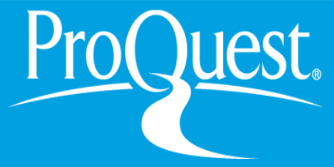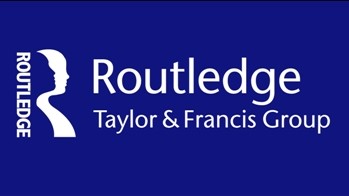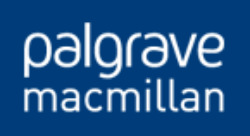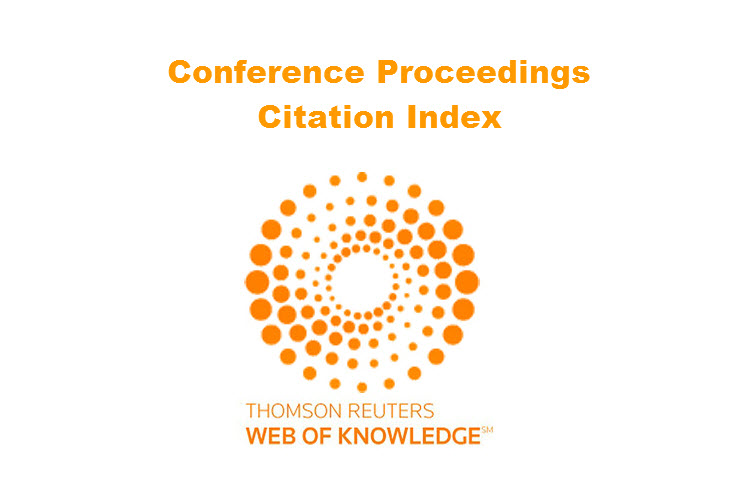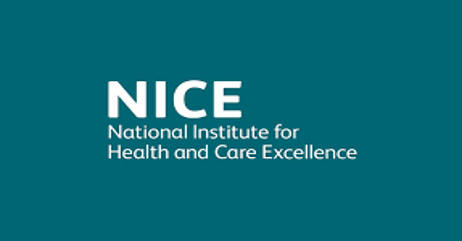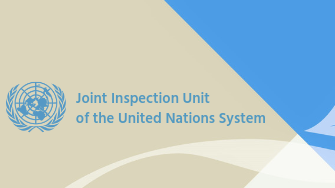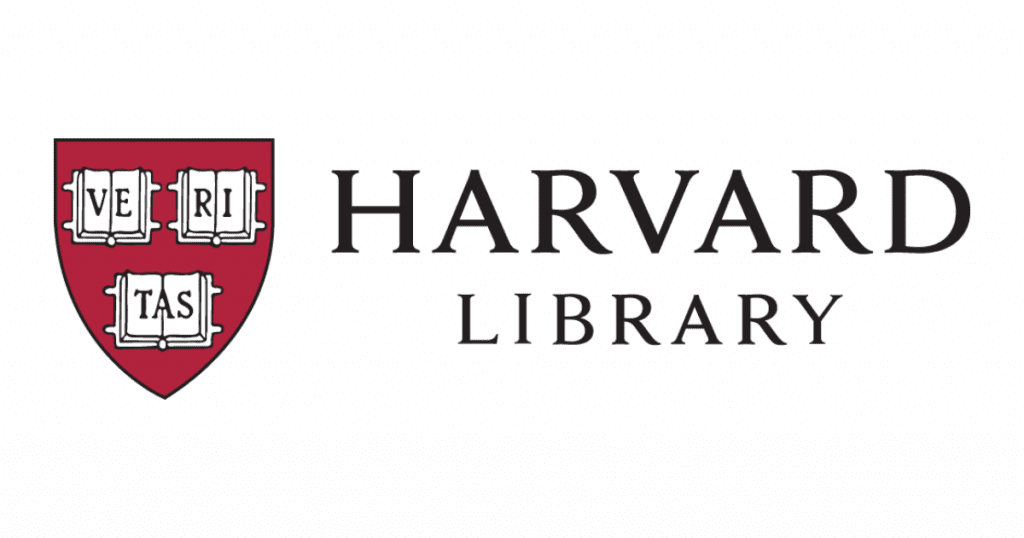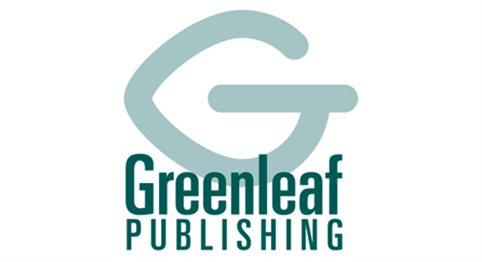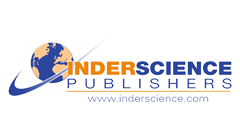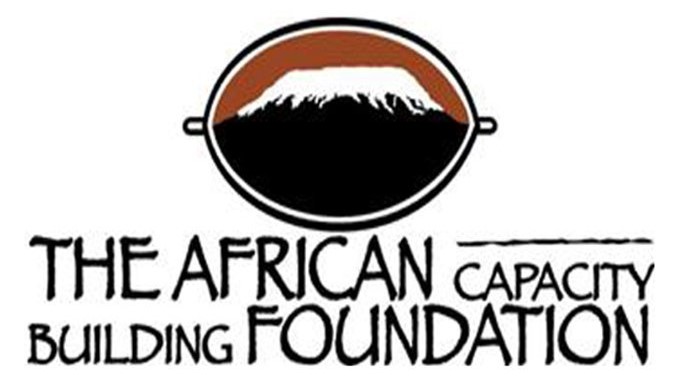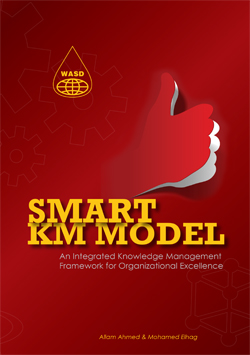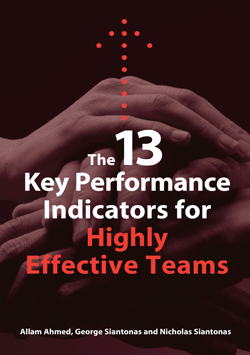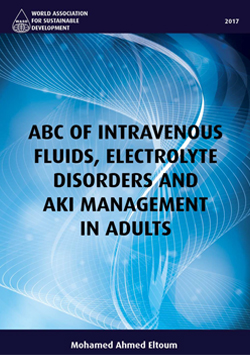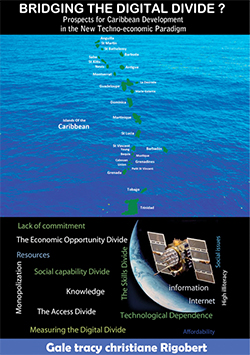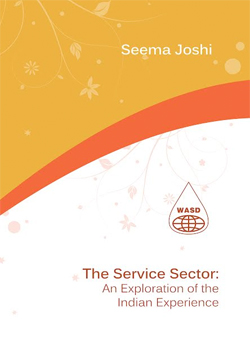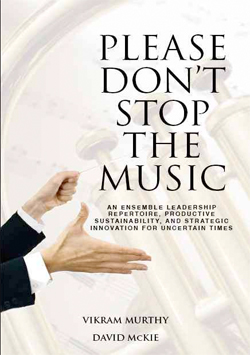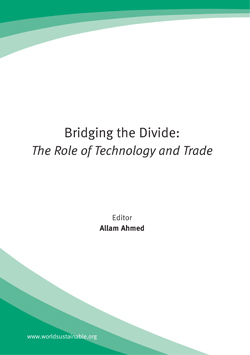Before submitting your chapter, please make sure you read and understand the full guidelines for submission below carefully before submitting your chapter to ensure successful submission of your chapter. This is a checklist to ensure you have followed the guidelines closely. Please note that we will return any chapter that do not follow these guidelines for the errors to be corrected before the chapter can be considered for suitability for our books:
All chapters submitted for possible publications in any WASD books are refereed through a double blind process. Please submit your chapter in the form of an MS Word file attached directly to the Managing Editor at Janet.Snow@wasd.org.uk. Submitted chapters should not have been previously published nor be currently under consideration for publication elsewhere. (N. B. Conference papers may only be submitted if the paper was not originally copyrighted and if it has been completely re-written).
Types of Chapters The following types of chapters are sought:
- Conceptual (laying out the landscape, defining needs, proposing approaches and solutions, etc.). Chapters are likely to be discursive and will cover philosophical discussions and comparative studies of others’ work and thinking.
- Literature Review (papers cite any relevant literature). Main purpose of the chapter is to annotate and/or critique the literature in a particular subject area.
- Review (industries, systems, methodologies, research, national differences, industrial differences, cultural differences, etc.). Chapters provide an overview or historical examination of some concept, technique or phenomena. Chapters are likely to be more descriptive or instructional (“how to” chapters) than discursive.
- Case Studies (empirical work, industry cases, test cases, pilot studies, etc.) are particularly welcome. Case studies describe actual interventions or experiences within organizations. They may well be subjective and will not generally report on research. A description of a legal case or a hypothetical case study used as a teaching exercise would also fit into this category.
- Research (report on any type of research undertaken by the author(s). The research may involve the construction or testing of a model or framework, action research, testing of data, market research or surveys, empirical, scientific or clinical research.
- Viewpoint (where content is dependent on the author’s opinion and interpretation, also includes journalistic pieces)
- Technical (describes and evaluates technical products, processes or services)
Typescript Preparation All authors must provide the following information:
- Full name; position; department; institution; full postal address including email and approximately 50 words biographical notes per author, maximum 100.
- Title as short as possible.
- References to successful applications within industry are a must. Chapters may be updates of other material previously written but must be original to the author and, once accepted for publication, cannot appear in any other periodical.
- Chapters must be double-spaced and emailed to the Editor-in-Chief (wasd@sussex.ac.uk) in A4 size Word format, not PDF format.
- Chapters should be submitted with a word count of 3000-5000 (excluding figures), with double-spaced typing and focus on proven strategies and key management implications.
- Figures in the final accepted manuscript may be included in the electronic text file and also provided as separate files.
- All chapters must be written in UK English. If English is not your first language, please ask an English-speaking colleague to proofread your chapter.
Abstracts Abstract approximately 100 words, maximum 150. Write concisely and clearly. The abstract should reflect only what appears in the original chapter. To produce a structured abstract, please complete the following fields about the chapter using this template. There are four fields which are obligatory (Purpose, Design, Findings and Value); the other two (Research limitations/implications and Practical implications) may be omitted if they are not applicable to your chapter.
- Purpose: What are the reason(s) for writing the chapter or the aims of the research?
- Design/methodology/approach: How are the objectives achieved? Include the main method(s) used for the research. What is the approach to the topic and what is the theoretical or subject scope of the chapter?
- Findings: What was found in the course of the work? This will refer to analysis, discussion, or results.
- What is original/value of the chapter: What is new in the chapter? State the value of the chapter and to whom.
- Research limitations/implications (if applicable): If research is reported on in the chapter this section must be completed and should include suggestions for future research and any identified limitations in the research process. How can the findings of this research be applicable to other country (ies) in the region? What implications for achieving SD in the country and the region as a whole.
- Practical implications (if applicable): What outcomes and implications for practice, applications and consequences are identified? Not all chapters will have practical implications but most will. What changes to practice should be made as a result of this research/chapter?
Keywords
- Supply approximately 6-10 words or phrases which will be used for tagging the chapter in the publisher’s database.
- Researchers will be more likely to retrieve the chapter when conducting a keyword search of our database if the chapter is suitably tagged.
- Pick keywords that reflect the specificity of the chapter. Avoid overarching terms like “Management” unless the chapter discusses the topic with such a wide focus. Use the most common term for a concept. Do not make up new terms for an old concept.
- Try to think broadly: if the chapter discusses performance appraisal in an electronics factory it may be worthwhile supplying the industry as a keyword. If an activity/research takes place in a particular country then supply the country’s name as a keyword.
Style
- Chapters must get to the point early and succinctly and not sound like an advertorial for a country or a company.
- Blatantly promotional material will not be published.
- Keep paragraphs short and sentences short and uncomplicated.
- Authors must write in the active voice and, where possible, avoid technical jargon.
- Acronyms should be translated in full into English. Bear in mind that many of the readers do not have English as their first language.
- It should not be assumed that the reader is familiar with specific national institutions or corporations.
- Authors are encouraged to approach their chosen topic with an international perspective.
- Countries and groupings of countries should be referred to by their full title (for example, ‘China’, ‘Europe’ and ‘America’ are all ambiguous).
- Special attention should be paid to identifying units of currency by nationality.
References
- Use the Harvard (name and date) short reference system for citations in the text with a detailed alphabetical list at the end of the chapter. For example ‘Hamel (2000) suggests …’ or ‘Nonaka and Takeuchi (1995) found that …’ or ‘A study of economic change (Nelson and Winter, 1982) has shown that …’
- Footnotes should be avoided, but any short, succinct notes making a specific point, may be placed in number order following the alphabetical list of references.
- References should be made only to works that are published, accepted for publication (not merely ‘submitted’), or available through libraries or institutions. Any other source should be qualified by a note regarding availability.
- Full reference should include all authors’ names and initials, date of publication, title of paper, title of publication (italics), volume and issue number (of a journal), publisher and form (books, conference proceedings), page numbers.
Figures
- All illustrations, whether diagrams or photographs, are referred to as Figures.
- They should be black and white, not colour, and numbered sequentially.
- Please place them at the end of the chapter, rather than interspersed in text.
- Originals of line diagrams will be reduced and used directly, so please prepare them to the highest possible standards.
- Bear in mind that lettering may be reduced in size by a factor of 2 or 3, and that fine lines may disappear. Electronic copies of the figures are also required.
Translated Works
- Difficulties often arise in translating acronyms, so it is best to spell out an acronym in English (for example, IIRP – French personal income tax).
- Similarly, labels and suffixes need careful attention where the letters refer to words which have been translated.
- The names of mathematical functions may change in translation – check against an English or American mathematical reference text.
Units of Measurement Please follow the International System for units of measurement in your chapter. Imperial units will be converted, except where conversion would affect the meaning of a statement, or imply a greater or lesser degree of accuracy. Submission Preparation Checklist (All items required)
- The submission has not been previously published in English nor is it before another journal/book for consideration; or an explanation has been provided in Comments to the Editor.
- The text meets the formatting requirements outlined above.
- The submission file is in Microsoft Word document file format.
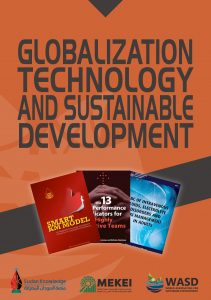 The
The 